This is the year to kick the pesky imposter syndrome to the curb and move forward on your journey towards reaching your full potential. We hope the stories and lessons below will help you overcome self-doubt.
Elliot Lang

I still think a lot about impostor syndrome as I navigate my creative career. For me, the first step is to simply make something. Make a drawing, or several, work it out on the page. Create! Confidence does not come from a vacuum, it is built through action and practice. The swimmer in a race has the confidence to go off the block because they practiced that thing over and over. The question of whether or not you belong in a situation starts to dissipate when you have done the work. Read More>>
Megan Larkins
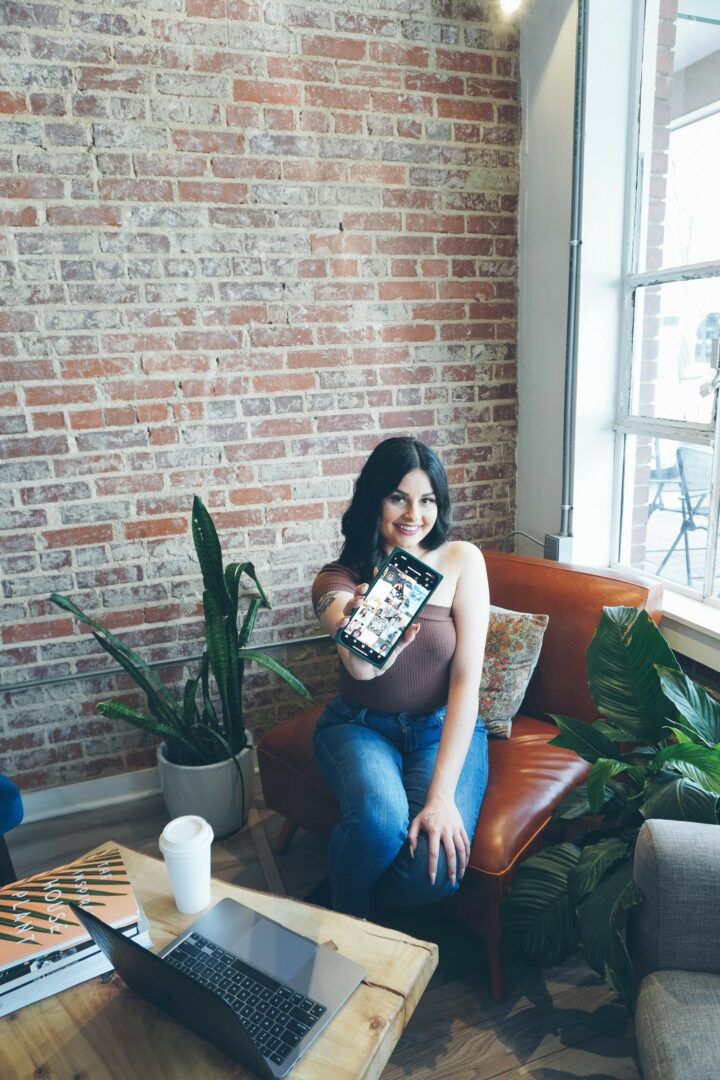
Imposter syndrome is something that I and other entrepreneurs fight semi-regularly. Some days, I feel extremely confident in my work and my efforts, while other days, I feel like I have no idea what I’m doing.
I try to remind myself of the reviews and rapport I’ve built with my clients. After all, they wouldn’t keep coming back if they weren’t happy with the work, experience, and analytics. It’s important to me that I not only provide beautiful project deliverables but also work that produces and delivers results. Read More>>
Keri Lijinsky
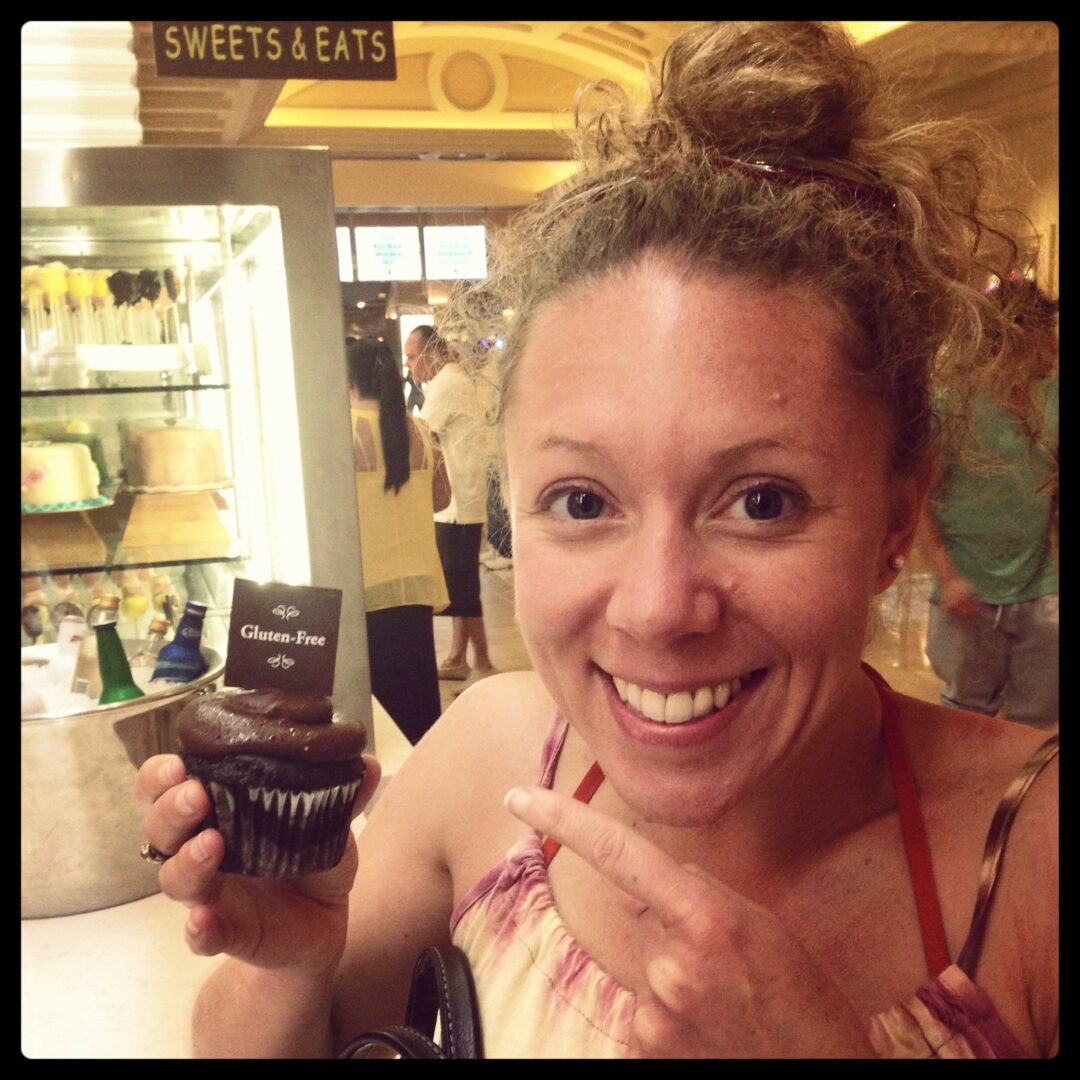
It took me a long time to find my feet professionally, partially because I have always ended up in fields where I’ve been surrounded by people with loads of degrees or experience in that area. I spent the first half of my professional life working for WHO where everyone was a medical doctor. I then went to USAID (RIP) where I was surrounded by more medical doctors and public health professionals. Read More>>
Marguerite Sauvage
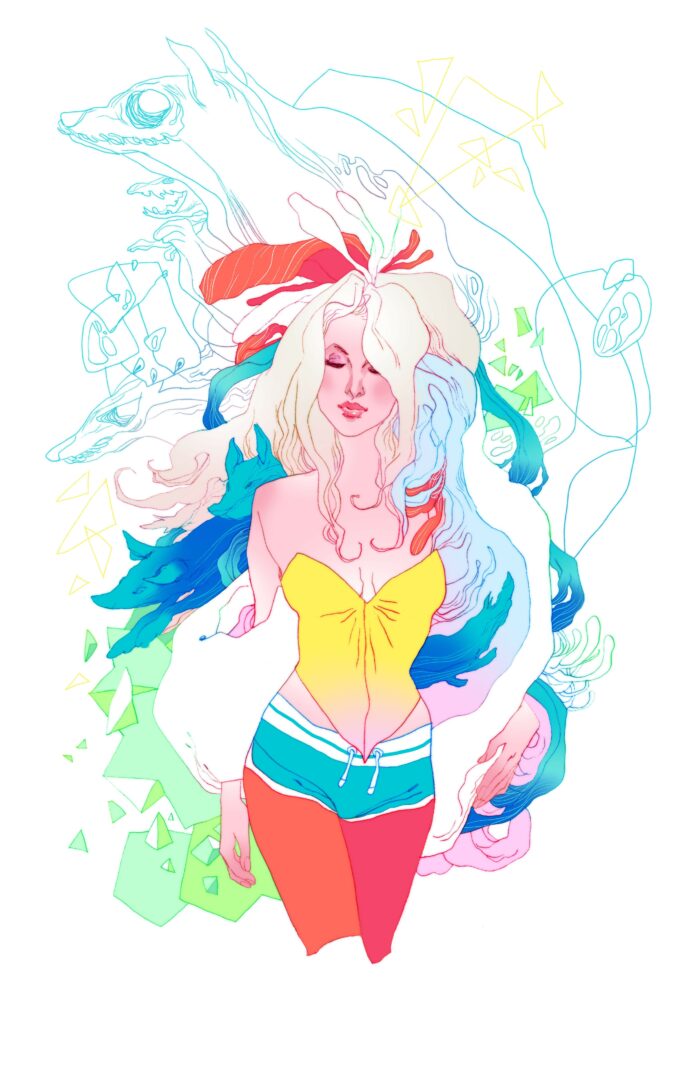
I haven’t learn art or writing in school, so I always felt in the right place but in the wrong way. I might say what helped to overcome the imposter syndrome, even if it’s still there, is mostly experience and aging. First you learn to let go not being one of the best, then you learn that you will earn respect and professional acknowledgement for being reliable, which is often consider as having nothing to do with talent but more with being able to listen, understand, adapt and deliver on time (so important). Read More>>
Ana Flavia Veiga
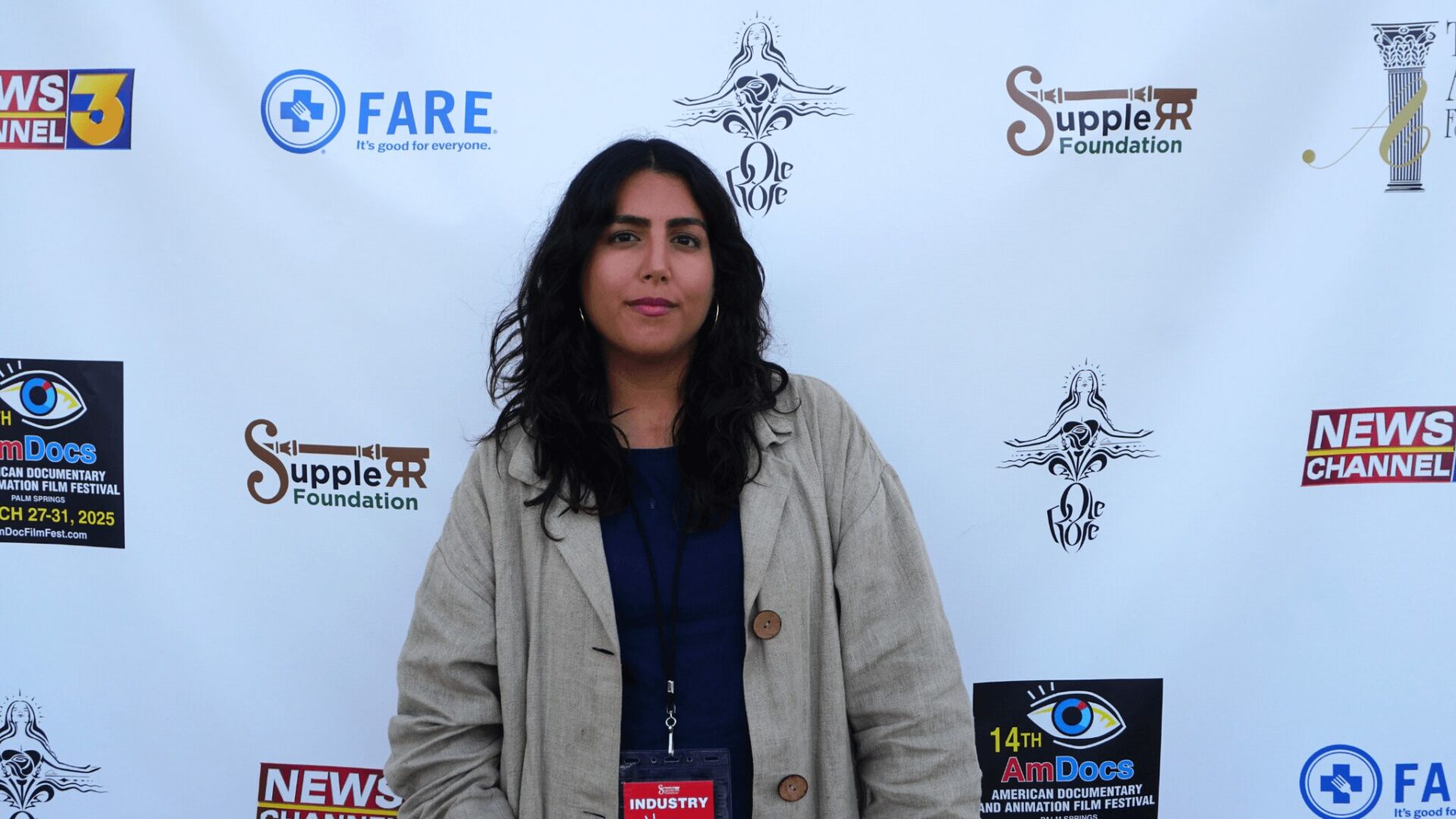
I don’t think imposter syndrome is something we ever fully “overcome.” At least not in the way we might hope. For me, it has been more about learning how to recognize it, understand it, and gently challenge it when it shows up. Read More>>
Khayla Kanitz

In the photography world, it is very easy to get sucked into imposter syndrome. There are so many talented artists with a wide range of different styles and techniques. What I have learned over the years is that when seeing other people’s work, their work doesn’t validate my work. People book me because they like what I provide and create. Photography/art is subjective and is viewed by everyone from their own individual perspectives. Read More>>
Katie Christensen

Overcoming imposter syndrome is an ongoing process for me. The short answer: I do the things I’m scared to do. The long answer: Honestly, this is something I’ve been working on in therapy for a long time, as I’ve struggled with recognizing my worth and value—which often shows up as self-doubt. One of the most helpful things I’ve learned—and continue to practice—is building trust with myself through consistent, intentional actions. If I want a bagel, I go get bagels. If I feel like taking a walk, I take a walk. Read More>>
Shawn Thicke

Truthfully, as an artist, I don’t think you ever get rid of imposter syndrome. I still feel it and probably always will. Every artist experiences self-doubt and wonders if their work has value, and is worth sharing. I think it just comes with the territory. Choosing to be an artist is to be on the road less travelled. You will constantly be experiencing outside pressures to stop or become more pragmatic, and you have to have the strength to believe in yourself and keep moving on. Sometimes the pressure becomes unbearable and you start questioning if others might be right. I am no different than any other artist. Read More>>
TaKenya Hampton
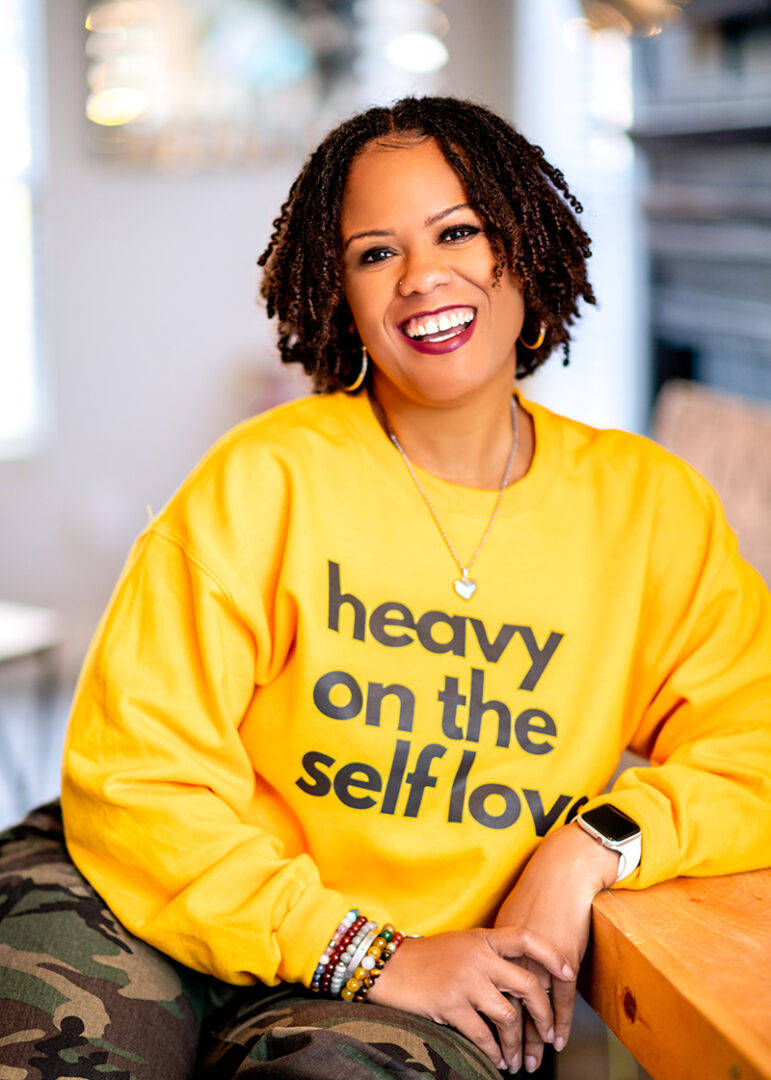
Honestly? I don’t think imposter syndrome is something you just “get over.” At least not for me. It’s more like something I’ve learned to live with. A voice that still shows up, but one I’ve learned not to let run the show.
What helps is choosing to show up anyway, scared, unsure, doubtful, and doing the thing anyway. I’ve learned to move through fear, not wait for it to disappear. That consistent showing up is what builds confidence for me. Read More>>
Dr. Leslie Davis
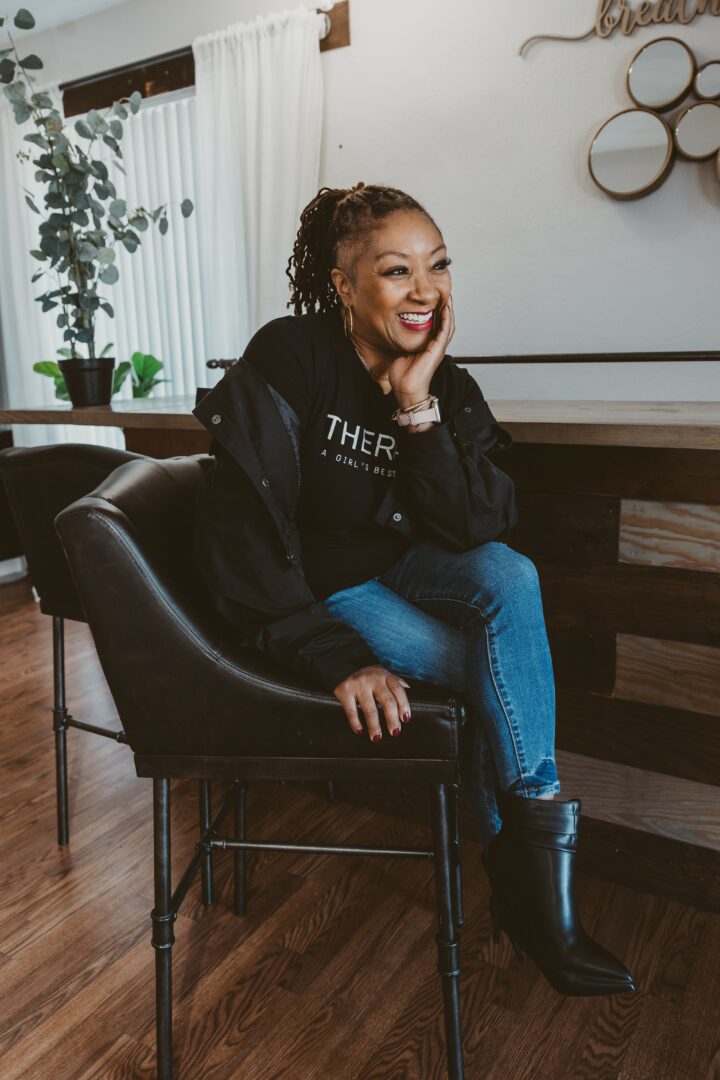
Overcoming imposter syndrome wasn’t an overnight transformation. In fact, it still creeps up sometimes, but it’s been a process of releasing the lies I tell myself about myself and learning to acknowledge my worth without hesitation. For years, I secretly questioned if sharing my successful moments was an act of ego and pride because I was taught to always be humble. I mistakenly internalized the idea of humbleness with the secret need to become an overachiever, to prove to myself my own worth without celebrating in front of the world. Read More>>
Maya Khalil
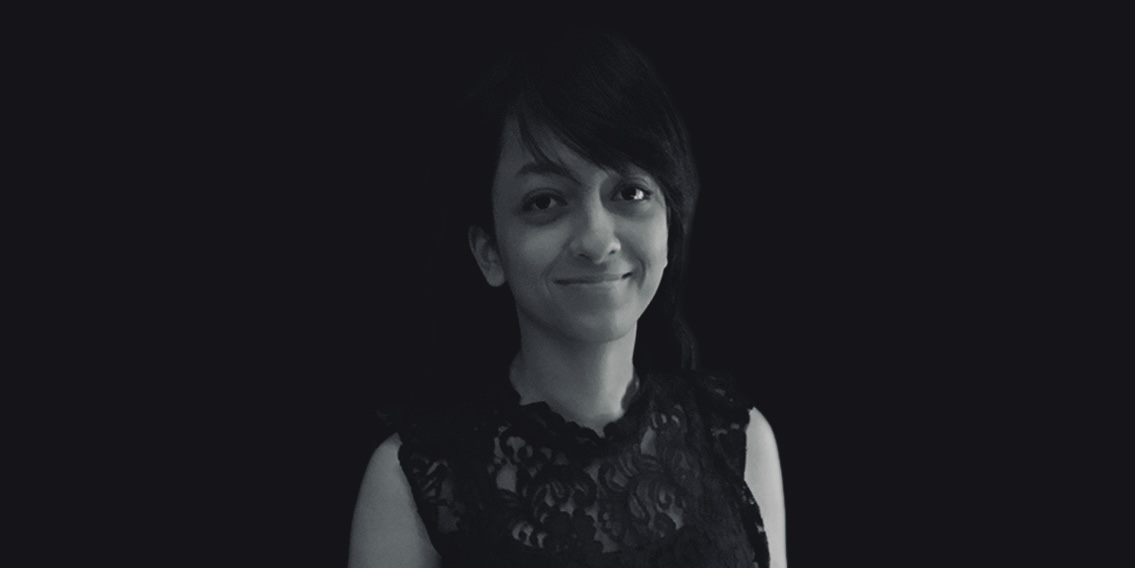
Sometimes I feel like I don’t belong or like I’m not good enough, but when that happens, I look back at everything I’ve achieved and remind myself that I earned those things for a reason. I also noticed that the artwork I made that got the best response was the one I created while having fun and not stressing about what others might think. That really helped me get out of my own head. I haven’t fully overcome it because I think every artist goes through this, but doing these things helped reduce it a lot. Read More>>
Tara Grotzke
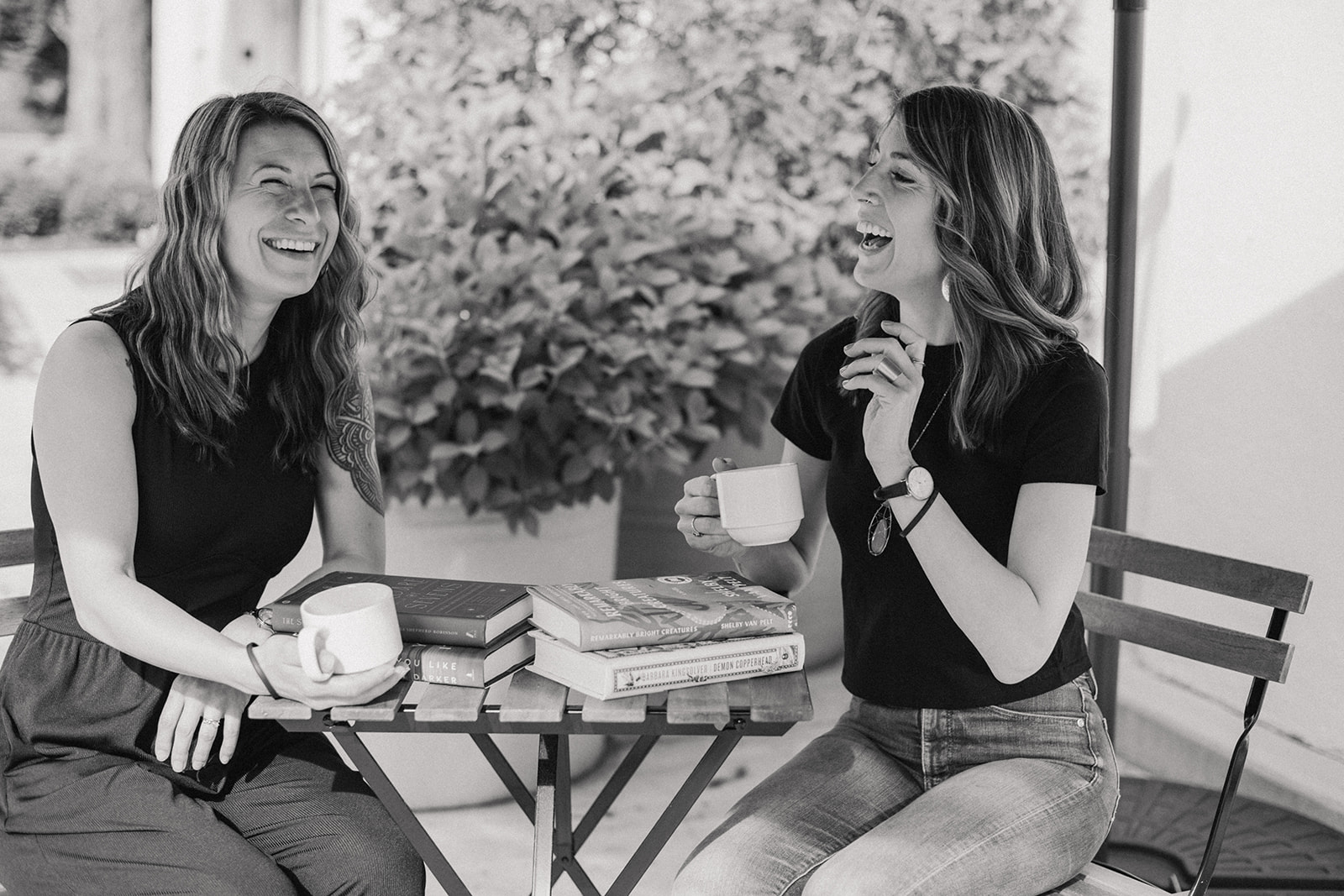
I think on some level, we all still have imposter syndrome. That is especially true when you take a risk and try something new that you have no experience in. When Meghan and I decided to open The Bookhouse, neither of us had ever run a business, nor did we have any retail experience to speak of. We also decided to add a bar that offered a full coffee menu, beer, and wine. We had absolutely no idea how to even start. We are consumers and enthusiasts of books, coffee, beer/wine, but as far as running a business, all we had was the idea. Read More>>
Adam Crowley

I haven’t! But generally the only thing I’ve found that helps is to keep working. Imposter syndrome is something I deal with constantly. Sometimes I wish I had a Picasso-esque confidence, but I think if that was the case I maybe wouldn’t work so hard. If you are engaged there will always be people around you succeeding; getting shows, features, residencies etc… and if you’re not getting a many at the time it can weight on you. Read More>>
Sonia Medrano
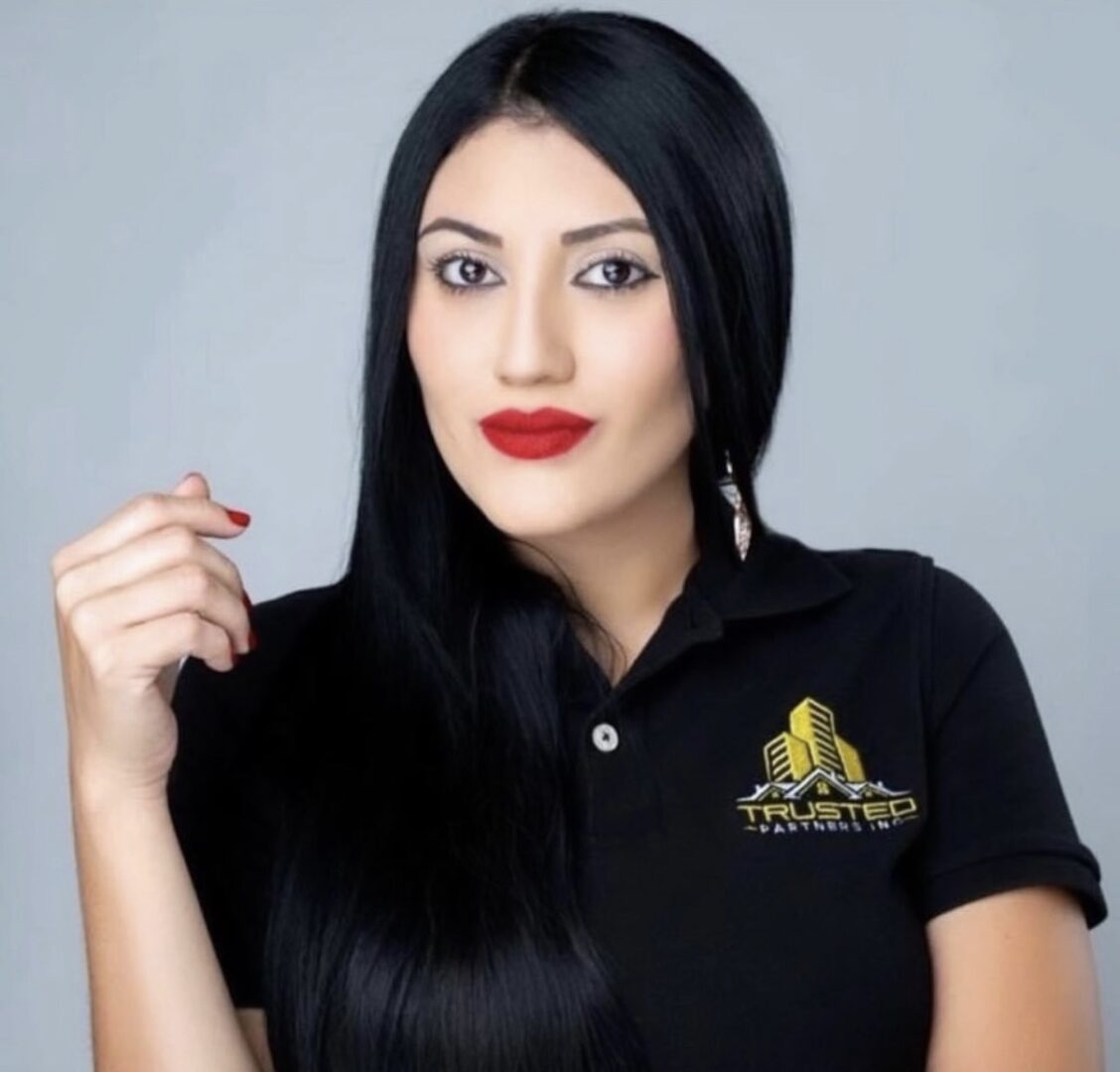
Overcoming imposter syndrome has been a personal and spiritual journey. For a long time, I felt like I had to prove myself in every room, especially as a Latina in real estate investing.
But I realized that imposter syndrome grows when we stay quiet and compare ourselves to others. What helped me was remembering my purpose and everything I’ve already accomplished from building my business, leading renovations, closing deals, mentoring others, and creating real opportunities for my community. Read More>>
Douglas Burns
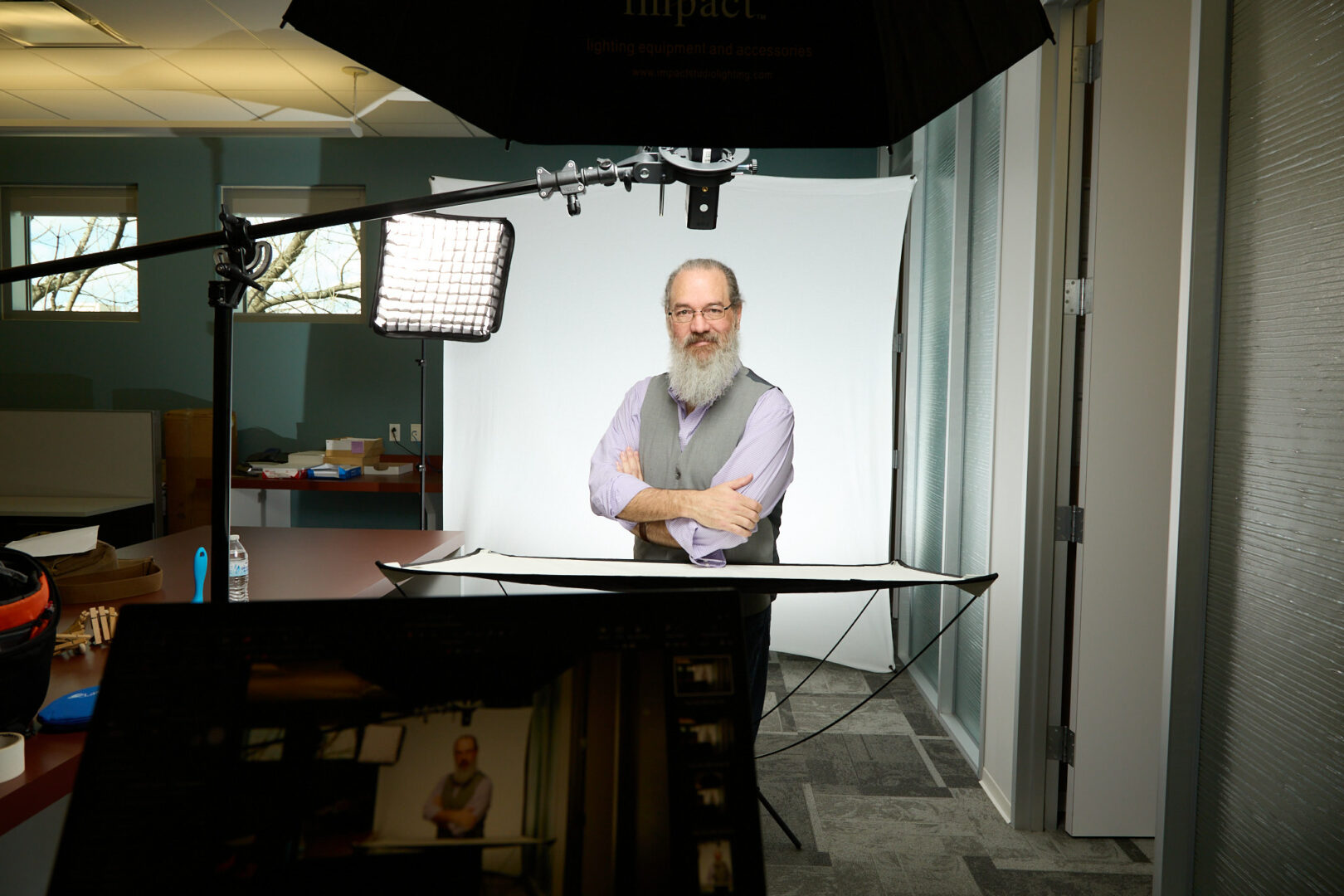
I don’t know that one ever overcomes imposter syndrome. I try to be confident in my skills and past experience to be able to confidently talk to clients and prospects about the work I’m doing for them. One thing to remember is you probably know more about your subject/skill than the person you’re talking to or presenting to. So sometimes just presenting your material confidently is enough. In the meantime, keep learning and growing your skill set. Read More>>
Chris Wilson
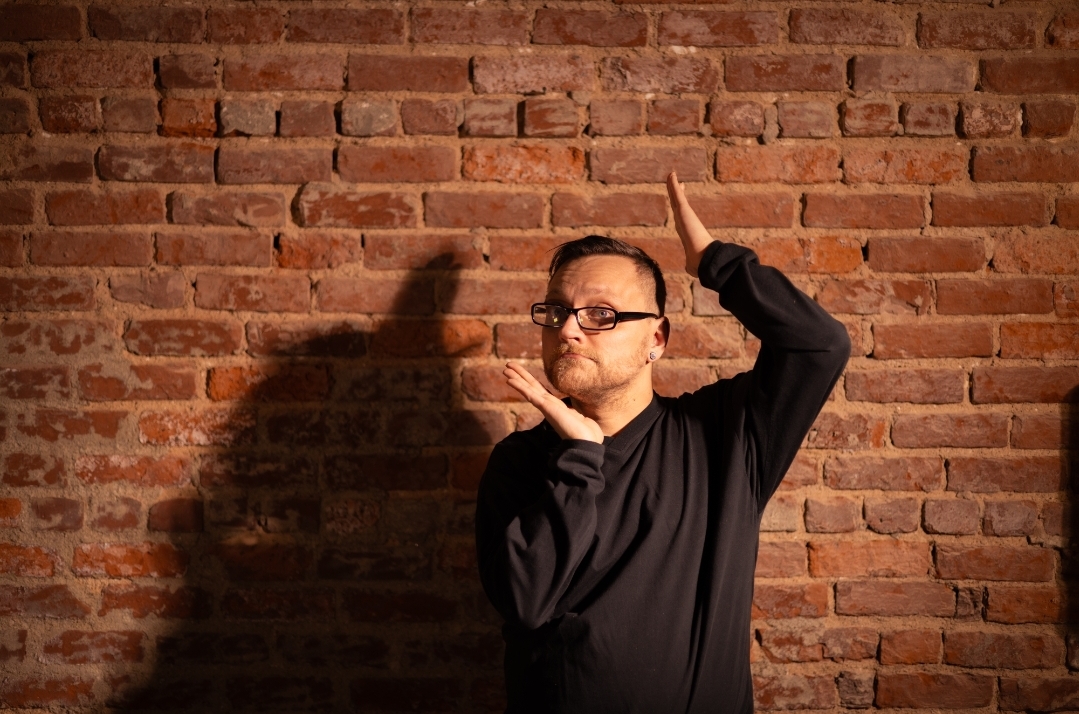
I honestly don’t know if I have. That’s something I’ve struggled with a lot. I know I’m funny. I know that, and it pains me to say that. I don’t understand why that’s so hard to admit. I make people laugh, that’s my job, but I don’t feel like a funny person. I just find these things funny to me. I hope other people find it funny. Read More>>
FAM
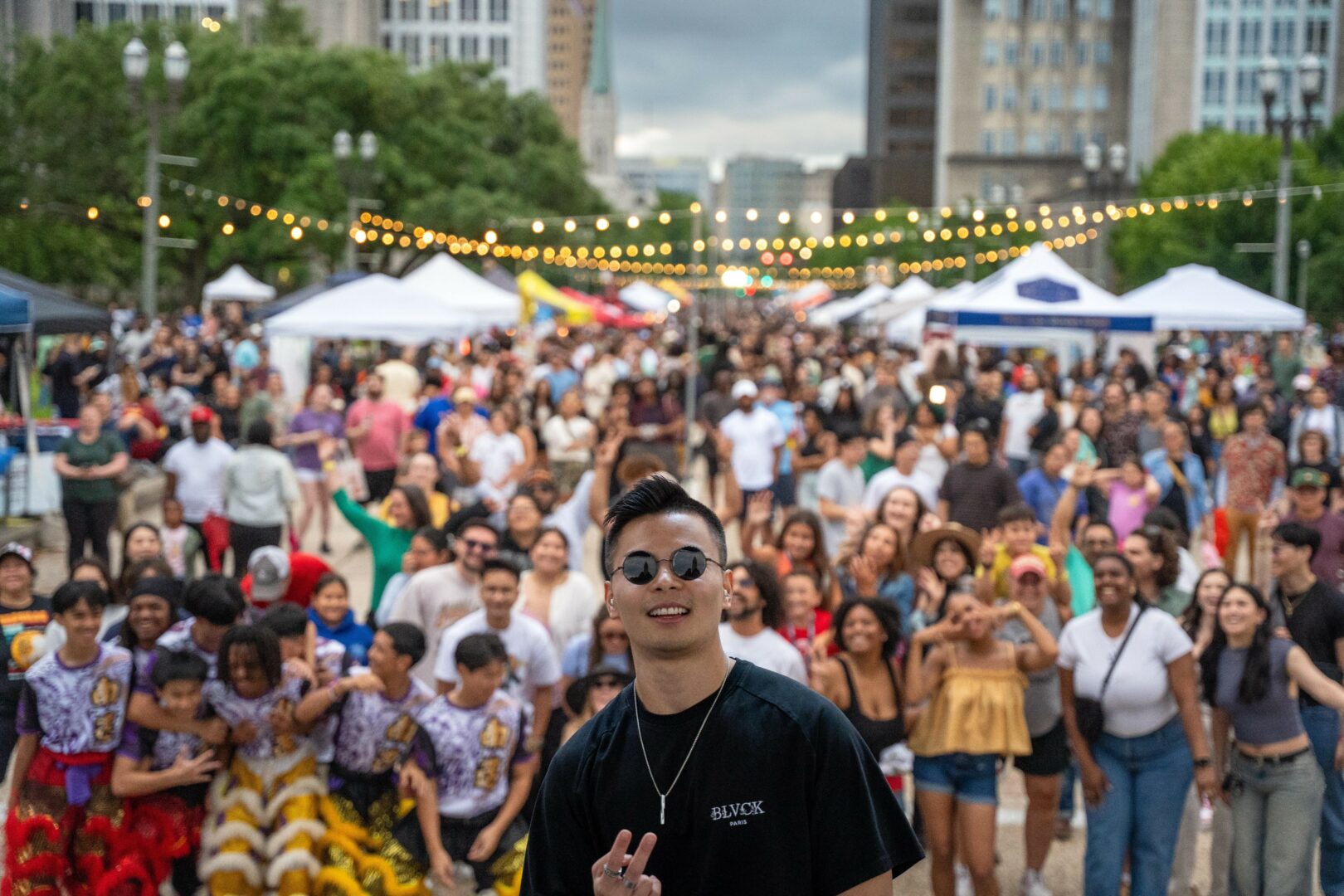
Imposter syndrome has definitely been a part of my journey as a producer & DJ, especially because I don’t come from a formal music background. I never learned how to play an instrument properly, and a lot of what I do is self-taught along with witnessing the professionals. Early on, I’d wonder if I was getting booked for shows just because of who I knew, not because I was actually good at what I do. That kind of doubt still creeps in sometimes. Read More>>
Jed Shlackman

For myself I have evolved over the course of my life in how I form my own identity and sense of self. This has included a major shift from seeing myself as a human being subject to comparison to other people and the image or identity they project, to thinking of myself (and everyone else) as a spiritual being having a human experience. I have come to believe that as part of the Infinite Creative source I can access the skills and create the role for myself that I desire and believe in. Read More>>
Dana Neiger

Imposter syndrome was very real for me, especially as a small business owner in the Greater Metro Atlanta area. As a white, Jewish woman co-founding a firm with my incredible Black, lesbian business partner, we often found ourselves stepping into rooms and industries where we didn’t see many people who looked like us, or who had built something quite like HIVE Talent Acquisition Firm. Read More>>
Elio Wallace
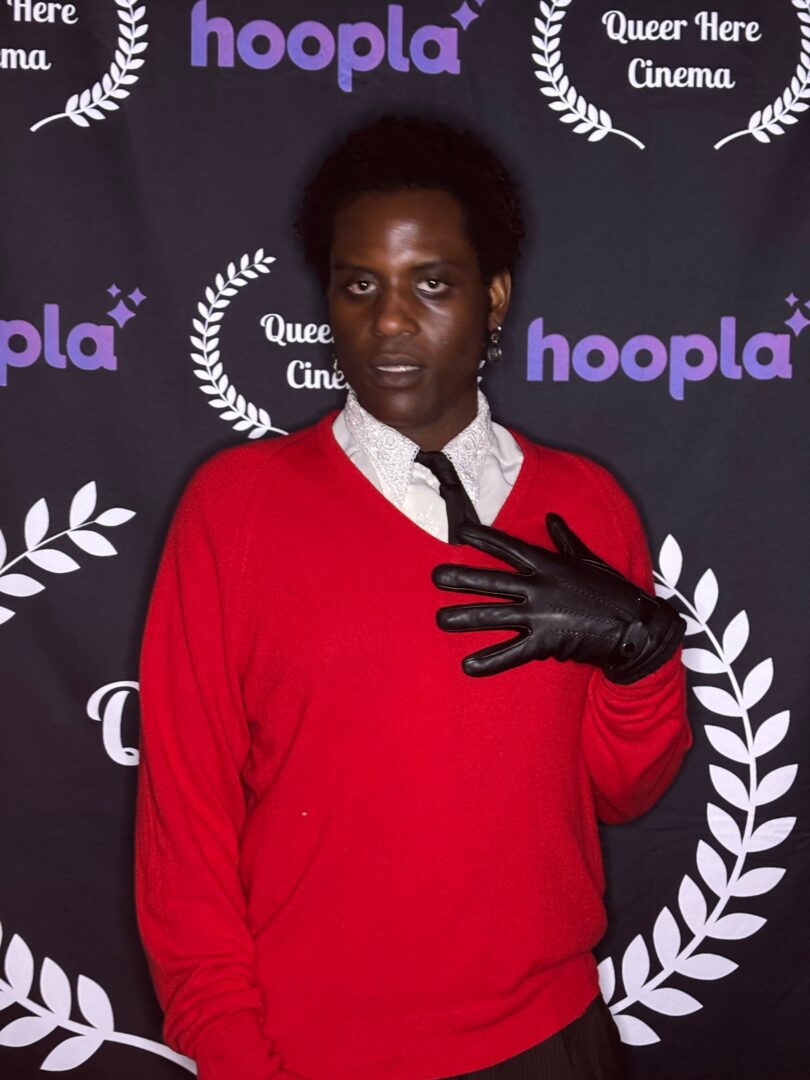
Overcoming imposter syndrome took a lot of self affirmation. It was important that the affirmation came from me because the people around me would constantly remind me that I’m talented and meant to be a creative. It wouldn’t sink in because I didn’t truly believe it about myself. I had to believe in myself more than anyone else did to even put my creativity into gear. It was more than just believing I was meant to do this. It was a knowing Read More>>
Stephanie Vermaas

When I launched my fashion brand, I had no formal fashion education, no industry connections, and no outside investors. It was a world that felt heavily gatekept, and imposter syndrome showed up constantly. But I pushed forward anyway—learning through experience, making mistakes, and building something from nothing. Read More>>










